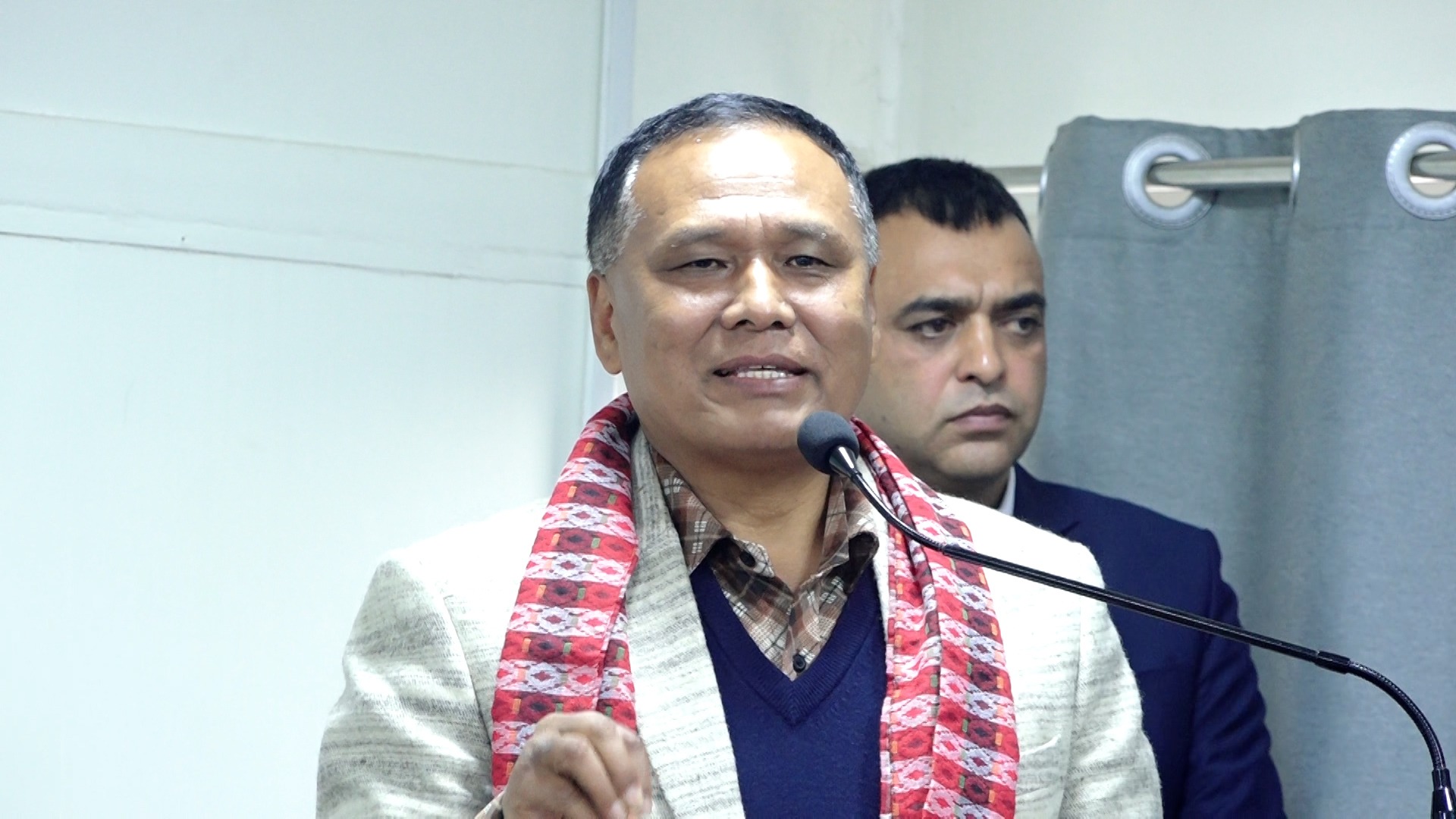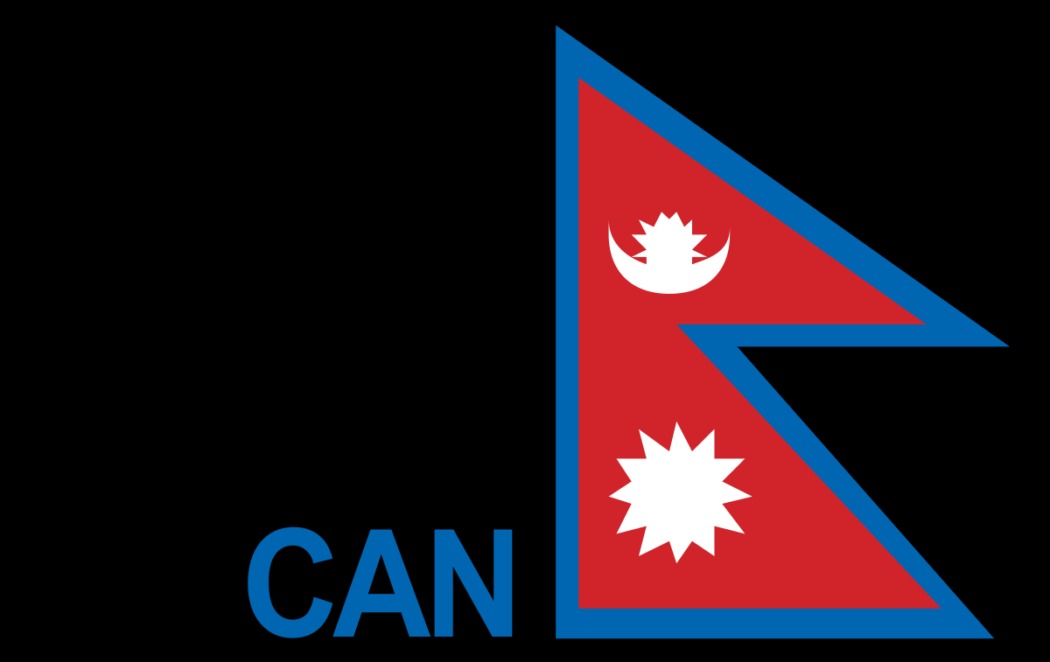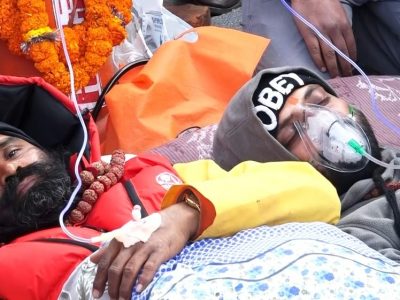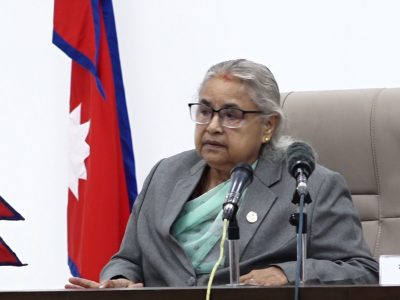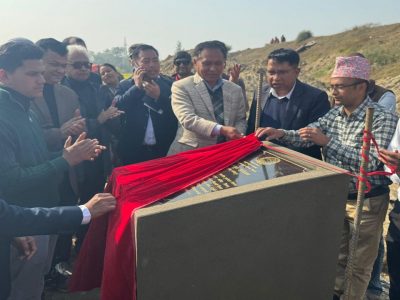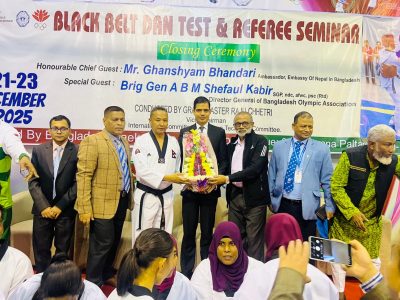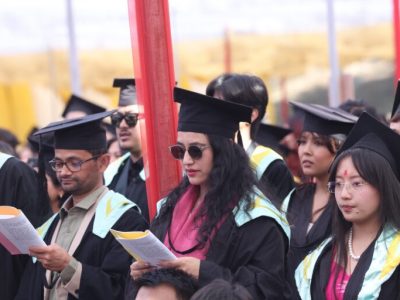Dual Citizenship for Non-Resident Nepalis : Strengthening Bonds and, Building Bridges

Introduction
The Non-Resident Nepali (NRN) community is a vibrant and growing global family. It comprises over 6 million Nepalis who have found homes far from their homeland. These NRNs are not only making significant contributions to their host countries but also holding Nepal close to their hearts.
The government of Nepal recently introduced a provision for dual citizenship, allowing NRNs to maintain their original Nepali citizenship while embracing citizenship in their adopted countries. This is a groundbreaking development that is a testament to Nepal’s unwavering commitment to fostering enduring bonds with its diaspora.
Why is dual citizenship important for NRNs?
There are many reasons why dual citizenship is important for NRNs. First, it allows them to maintain their connection to their homeland and to pass on their Nepali heritage to their children and grandchildren. Second, it gives them the opportunity to participate in Nepal’s development and to invest in businesses and communities. Third, it allows them to travel freely to and from Nepal without any restrictions.
Benefits of dual citizenship for Nepal
Dual citizenship is also beneficial for Nepal in many ways. First, it helps to strengthen Nepal’s relationship with its diaspora. Second, it attracts investment and expertise from NRNs. Third, it promotes cultural exchange and understanding between Nepal and other countries.
How to make dual citizenship work for everyone
There are a few things that can be done to ensure that dual citizenship works for everyone. First, it is important to raise awareness of the dual citizenship provision and to make it easy for NRNs to apply. Second, it is important to create opportunities for NRNs to participate in Nepal’s development. Third, it is important to address any concerns that Nepalis may have about the potential for dual citizenship to undermine Nepal’s sovereignty.
Conclusion
Dual citizenship is a win-win for both NRNs and Nepal. It allows NRNs to maintain their connection to their homeland and to contribute to its development, while also preserving Nepal’s sovereignty. By working together, we can create a future where all Nepalis feel connected to their homeland, regardless of where they live in the world.
Here are some specific examples of how dual citizenship can benefit NRNs and Nepal:
- NRNs can invest in businesses and communities in Nepal. This can help to create jobs and boost the Nepali economy.
- NRNs can share their knowledge and expertise with Nepal. This can help Nepal to develop its human capital and technological capabilities.
- NRNs can promote Nepal’s culture and tourism abroad. This can help to raise Nepal’s profile and attract visitors.
- NRNs can provide financial assistance to Nepal in times of need. This can help Nepal to recover from natural disasters and other crises.
- NRNs can help to strengthen Nepal’s ties with other countries. This can help Nepal to enhance its foreign policy and promote its interests abroad.
Here are some ways to address concerns about the potential for dual citizenship to undermine Nepal’s sovereignty:
- NRNs can be required to waive their political rights in Nepal. This would prevent them from interfering in Nepal’s internal politics.
- NRNs can be limited in their ability to hold certain positions in the Nepali government. This would ensure that Nepal’s government remains in the hands of Nepali citizens who are physically present in the country.
- NRNs can be subject to security checks before being granted dual citizenship. This would help to prevent individuals who pose a threat to Nepal’s national security from obtaining dual citizenship.
Overall, dual citizenship is a positive development for both NRNs and Nepal. It is an opportunity to strengthen ties between the diaspora and the homeland, to promote development and investment, and to build bridges between Nepal and other countries. By working together, we can ensure that dual citizenship works for everyone.
In addition to the above, here are some other ideas for how to make dual citizenship work for everyone:
- Create a dedicated government agency to oversee dual citizenship. This agency would be responsible for developing and implementing policies and procedures related to dual citizenship.
- Establish a dual citizenship advisory board. This board would be composed of representatives from the Nepali government, the NRN community, and other stakeholders. It would provide advice and recommendations to the government on dual citizenship matters.
- Develop programs and initiatives to promote engagement between NRNs and Nepal. This could include things like.
With congratulations to all and thanks all !!!
Facebook Comment
latest Video
Trending News
- This Week
- This Month



